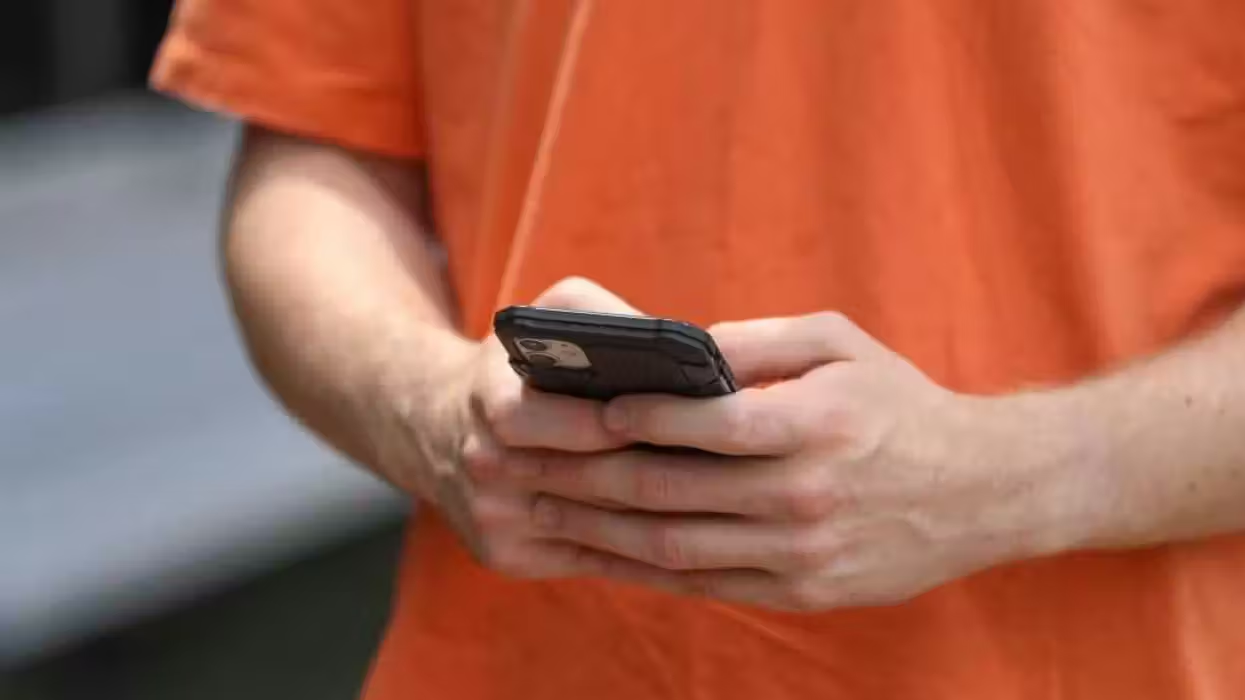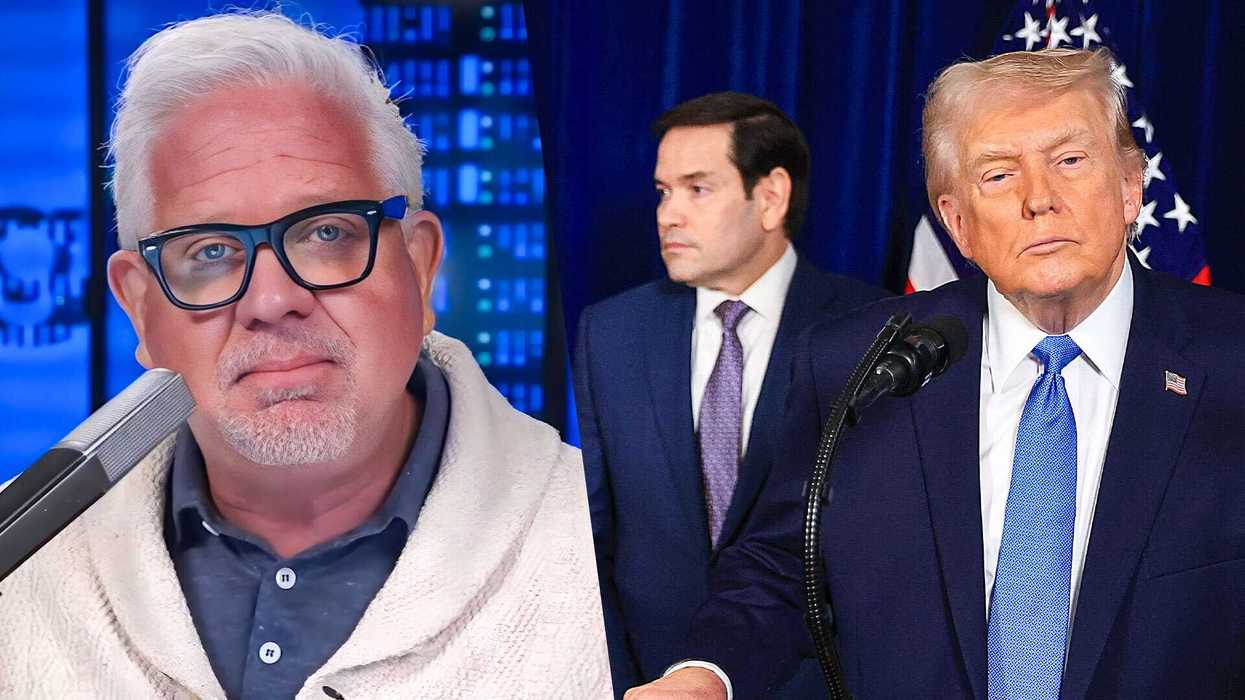
© 2026 Blaze Media LLC. All rights reserved.
"Soon these cameras will be all over this community."

Residents and businesses in the Georgetown area of Washington, D.C., are banding together through their neighborhood association to install surveillance cameras pointed toward public spaces in an effort to deter crime and provide video evidence should criminal activity occur.
The Washington Times reports that the Citizen's Association of Georgetown will install cameras on private property to capture footage of sidewalks and streets, after a test of the system was completed on one block using three cameras paid for by residents.

But as the group moves forward with this plan, privacy concerns have surfaced among some of its members and advocacy groups, especially as the group figures out protocol for when footage will be viewed and by whom.
The Times has more:
A new wave of public-private surveillance partnerships, such as the one in Georgetown, has also caught the attention of civil liberties groups who caution that the original intention of a camera system is not the only way it can end up being used.“Once the camera is there it’s very tempting to say ‘Let’s look at it for other reasons,’ ” said Arthur Spitzer, legal director for the American Civil Liberties Union of the Nation's Capital.
As an example, Mr. Spitzer said, a divorce lawyer might try to subpoena surveillance footage that could show evidence of a spouse’s affair by recording the person’s travels through the neighborhood.
“Once something exists, it can often be hard to protect it from being used in other ways,” he said.
Watch this local ABC News report on the surveillance project:
The Times points out that a similar camera surveillance technique was instituted by the District's police department in 2006 in several neighborhoods to fight crime. As a public entity, several regulations were put in place to protect privacy and provide transparency to those in the areas where the 83 cameras were installed. The Citizens Association of Georgetown is not necessarily subject to these regulations, and Sharon Bradford Franklin with the D.C.-based Constitution Project is reported as cautioning this action:
“When you have such routine and regularized recording by a private group that is not covered by those regulations, it raises concerns,” she said. “They could be subject to various abuses through ignorance of the kind of concerns they should have.”
(Related: DHS looks for feedback on potentially massive surveillance project ... on U.S. soil)

While part of the onus for installing the cameras is a 14 percent increase in property crime among Georgetown homes, will it actually be effective at reducing crime? The Times reports that in the association's test using surveillance cameras in the Georgetown area, Edward Dent, who kept the footage locked in his home and provided it to police when residents reported a crime, said they had six subjects apprehended and three convictions within the two-year period.
On the other hand, John Verdi from the Electronic Privacy Information Center is reported as saying cameras like this are ineffective at reducing crime. A four-year study of the cameras installed by the Metropolitan Police Department also found that crime was not significantly reduced. But this could be the reason why:
Both the low number of cameras in the District as well as the fact they were not monitored live contributed to their ineffectiveness, the 2011 study by the Urban Institute concluded.“If the cameras are not going to be live-monitored, there are even further questions about efficacy," Mr. Verdi said of the Georgetown plan. “Folks end up spending a lot of money on the technology … but the benefits are marginal at best.”
In Chicago and Baltimore — where camera systems are much larger and live-monitored — the Urban Institute study found that crime did tend to decrease in neighborhoods under surveillance.
The Times reports that the cameras will cost the association more than $2,000 each. Reports vary on the amount of cameras that will be installed from 10 to three dozen. WJLA reports that cameras will be installed between the next six to eight months.
The cameras installed by the Metropolitan Police Department and those planned by the Georgetown neighborhood association are separate from those installed on police vehicles. Last year, we reported about the extensive fleet of cop cars with mounted license plate-reading cameras.
(Related: Civilian's drone busts plant dumping 'huge stream of blood' into Texas river)
The Metropolitan Police Department supports the neighborhood association's action in installing its own surveillance cameras.
Want to leave a tip?
We answer to you. Help keep our content free of advertisers and big tech censorship by leaving a tip today.
Want to join the conversation?
Already a subscriber?
more stories
Sign up for the Blaze newsletter
By signing up, you agree to our Privacy Policy and Terms of Use, and agree to receive content that may sometimes include advertisements. You may opt out at any time.
Related Content
© 2026 Blaze Media LLC. All rights reserved.
Get the stories that matter most delivered directly to your inbox.
By signing up, you agree to our Privacy Policy and Terms of Use, and agree to receive content that may sometimes include advertisements. You may opt out at any time.






